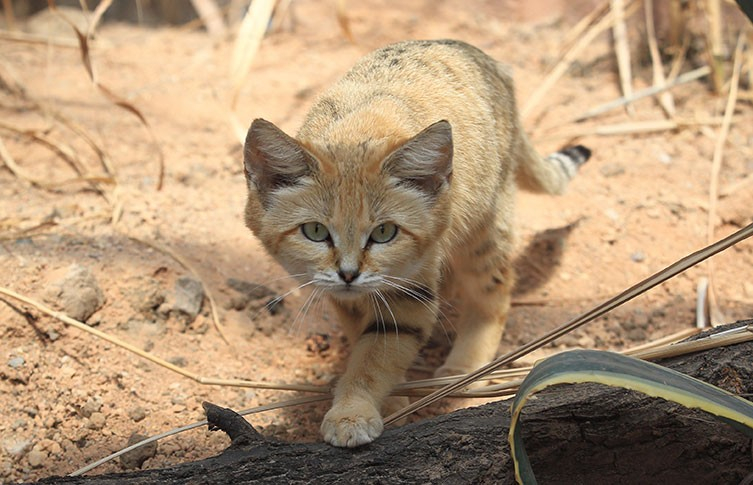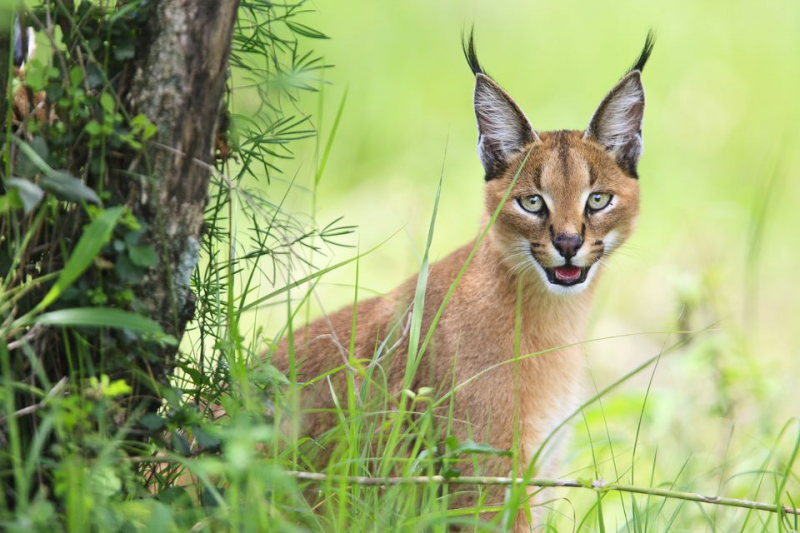Felines
Cats, or the Felidae family of mammals, which makes up a clade, are members of the order Carnivora. A felid is another name for a member of this family. Both felids in general and the domestic cat particularly are referred to by the term "cat" (Felis catus).
Of all terrestrial carnivore species, Felidae species have the most varied fur patterns. Cats have strong, flexible forelimbs, retractable claws, and lean, muscular bodies. They can bite with force because of their teeth and facial muscles. They are all obligate carnivores, and the majority of them hunt prey alone by ambushing or stalking it. Africa, Europe, Asia, and the Americas are all home to wild cats. A few wild cat species have evolved to live in marshes and steep terrain, while others have adapted to desert and forest habitats. Depending on the sort of prey they like, they might be nocturnal, crepuscular, or diurnal in their activity patterns.
Any wild cat, or even a domestic cat, is an opportunistic lizard predator, attacking a lizard whenever it seems practical to do so. It's well knowledge that bobcats and other wild cats consume lizards.
Since domestic cats run the risk of contracting a parasitic liver fluke, it is best to prevent them from eating lizards whenever possible. This is carried by lizards and doesn't damage them at all, but it can have devastating consequences for cats, including lethal liver inflammation. Lizards are not the best prey for domestic pets because they can also carry salmonella, which can make dogs and cats very unwell.








